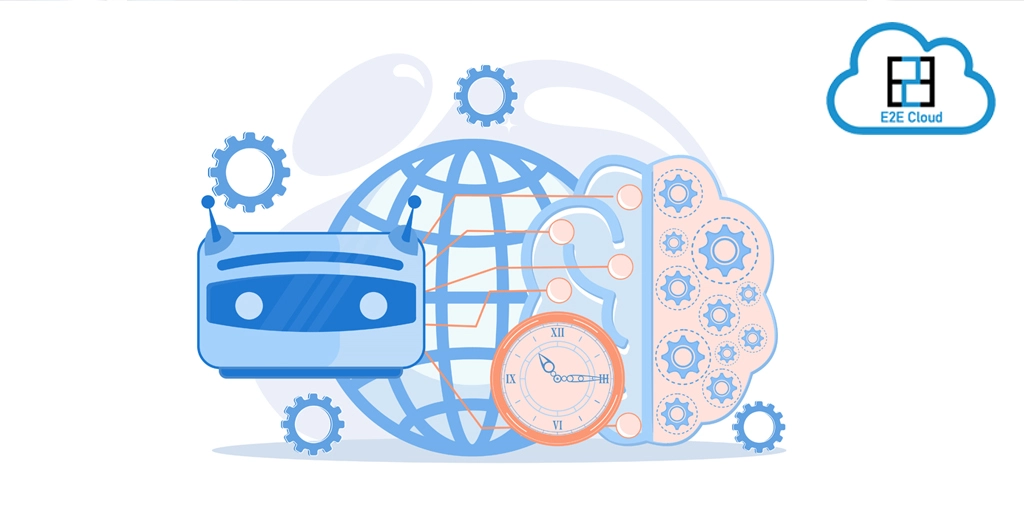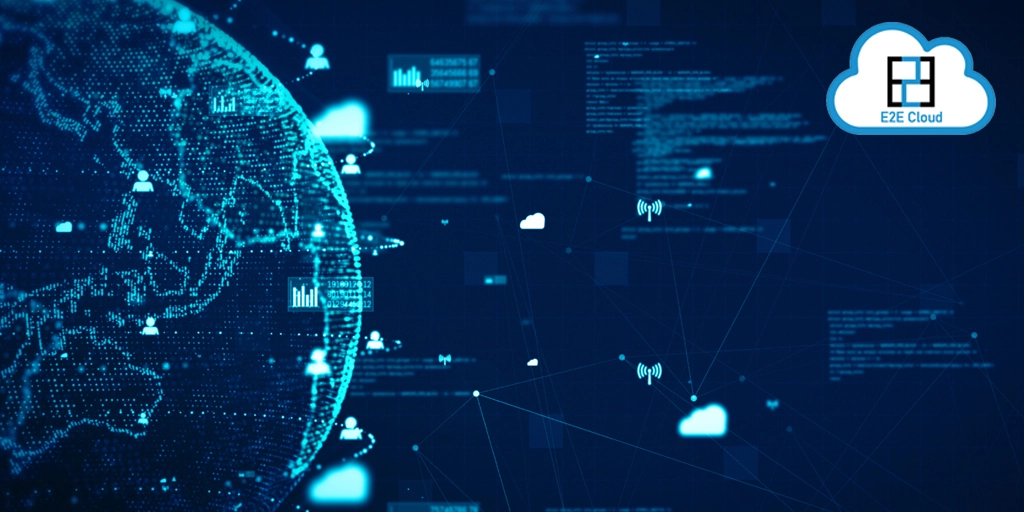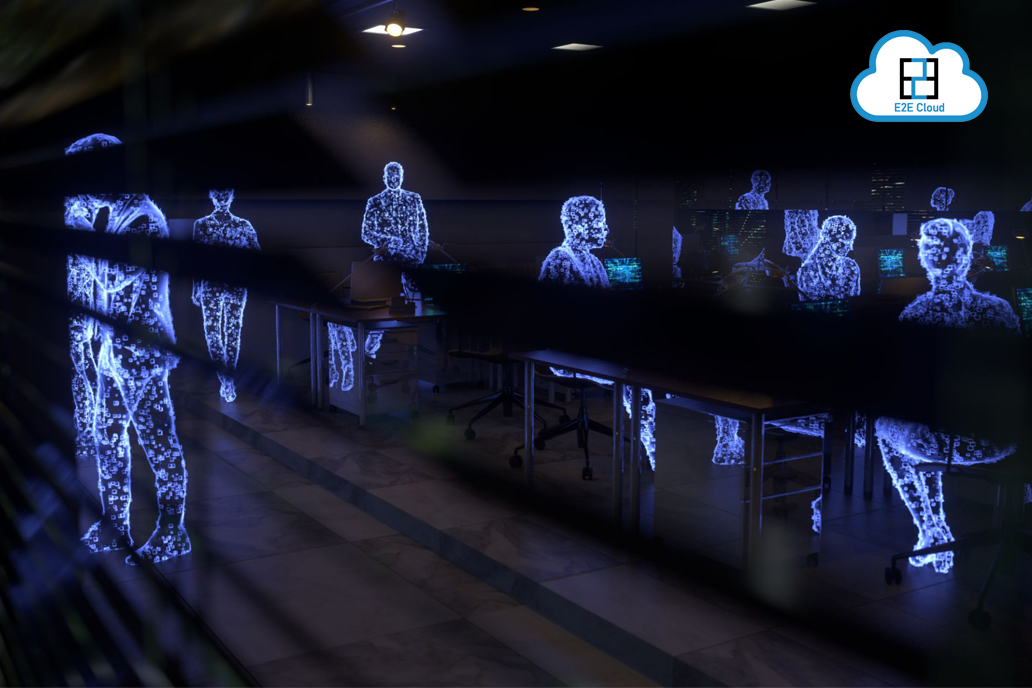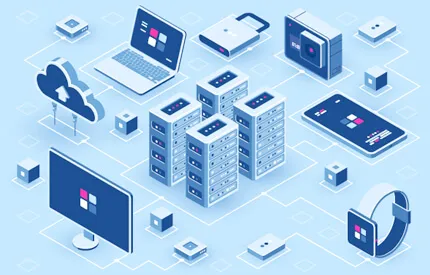The common aim of various Nations is to achieve a Sustainable Development Goal. The purpose is to develop universal access to modern energy in a cheap and sustainable method. However, the power sectors face complicated problems due to inadequate transmission and generation of energy. Other factors like poor infrastructure, unpredictable climate, and unsure demands create grave challenges for generating electricity.
These obstacles can be overcome with the assistance of Artificial Intelligence. AI can reduce both energy costs as well as energy waste. It can also speed up the usage of renewable energy sources. Artificial Intelligence can smoothly plan and monitor various power systems.
Various subfields of Al like Computer Vision and Deep Learning can turn out to be worthwhile for the electricity and power sector. This article will discuss the usefulness, obstacles, and applications of utilizing Deep learning and computer vision for electricity.
Benefits
Efficiency
Deep learning and Computer vision for electricity is highly effective in the long run. The algorithms of Deep learning acquire skills from previous trials and errors. Hence, the algorithm enhances the production of electricity.
Reliability
AI is capable of forecasting the demand and supply of electricity. Hence, it has an automatic capacity to store surplus wind power, solar power, and hydropower during low-demand times. These surplus powers are later utilized during the high-demand period. This technique has a high probability to boost the reliability of various sources of power.
Security
Power theft and losses are concerning and widespread problems. The digital meters compile all the data on daily electricity consumption from a similar area and store them in a device that is linked to one AI service. The service helps to trace out the unusual patterns linked to the particular customer profile. This collected data is later anticipated with the help of Artificial Intelligence to predict which customer has an informal connection to the power grid.
Applications
Maintenance and Fault Prediction
One of the most widespread issues in the power sector is the failure of equipment. Hence, maintaining all equipment is essential. Predicting and identifying equipment failure is troublesome. However, AI has resolved this issue. Sensors of Artificial Intelligence can monitor various apparatus and detect machine failure before it takes place. An automated maintenance system can be formulated with the help of AI-based fault prediction systems incorporated with drones.
Beneficial Decision Making
AI has an in-built capacity to make beneficial decisions. It can monitor home appliances and their electricity consumption. If AI is connected with automated metre it can optimize energy consumption.
Energy Trading
Artificial Intelligence algorithms can give rise to many profitable trading. AI can easily anticipate energy demands and hence can provide real-time power prices. This helps the seller as well as the buyer while trading energy.
Losses Due to Informal Connections
Power sectors have to face enormous losses due to informal electricity connections. But with the assistance of AI, this can be analysed and controlled by scrutinising the usage patterns and payment history of customers. AI can monitor efficiently when it is attached to automated metres.
Obstacles
Data Protection and Security
Artificial Intelligence is prone to cyber-attacks. This is a major drawback as anytime a system breach can hamper the confidentiality of customers. And these data can be exploited against the customers.
Power Consumption
AI processes a considerable amount of data which requires energy consumption of its own. Therefore, power plants must use energy-efficient AI systems.
Inadequacy of Knowledge, Data, and Transparency
There is minimum access to digital technologies in remote areas. Hence, data communication and AI systems can not be entirely reliable. Insufficient and low data communication can hamper the machine learning mechanism.
Conclusion
In today's scenario when new sources of power are emerging we are in a dire need of a system that can optimize the new form of energy and integrate it with our existing framework. AI, the new gift of modern technology, can not only optimize our existing system but can also be the key to developing a more effective and environmentally friendly power.


.png)







